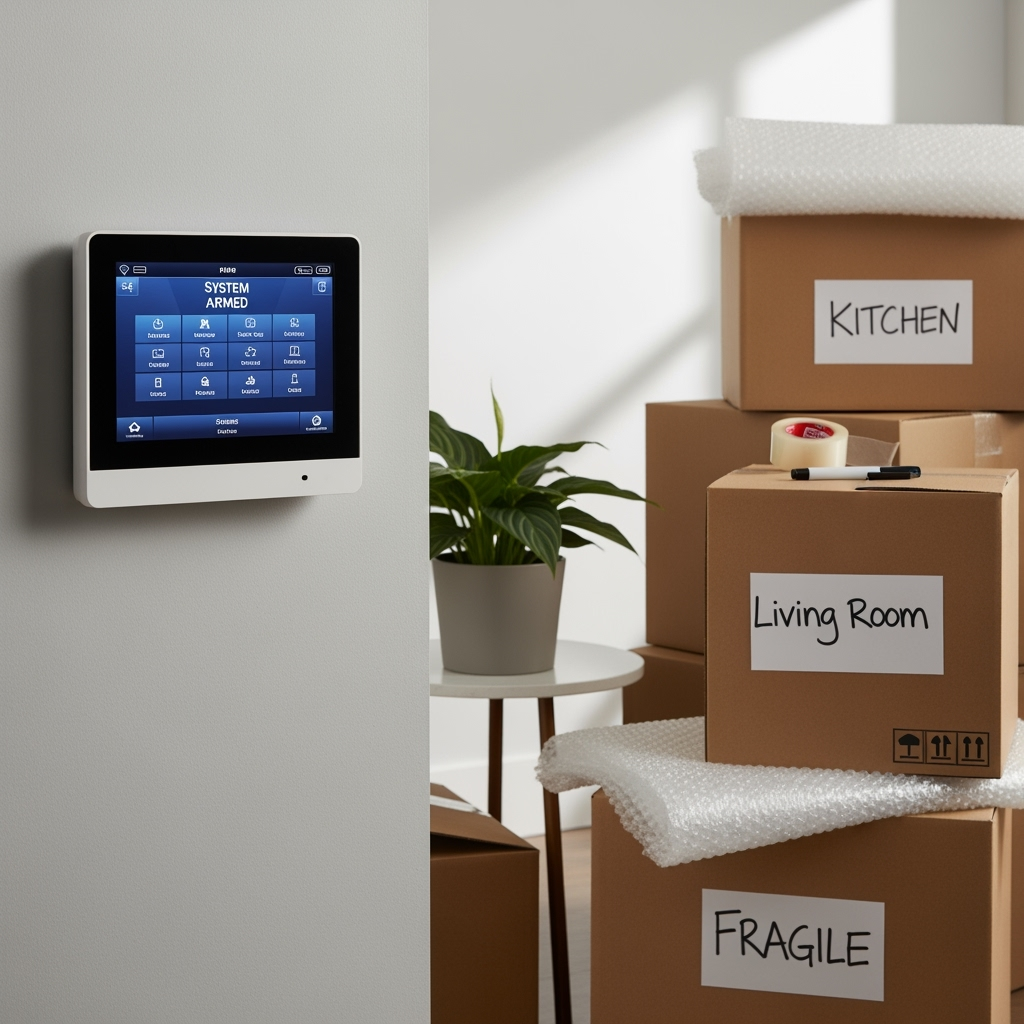
Understanding Security Challenges During Moves
Moving creates unique security vulnerabilities for both your current residence and your belongings in storage. This comprehensive guide will help you maintain robust security measures throughout your moving transition, ensuring peace of mind for your property and possessions.
Essential Security Measures for Your Home During the Moving Process
During the moving process, your home may be more vulnerable due to frequent visitors, open doors, and disrupted security routines. Implement these critical security measures:
- Maintain your existing security system until moving day
- Create a visitor log for all moving personnel
- Secure windows and secondary entrances
- Consider temporary video monitoring for high-traffic areas

Protecting Your Storage Unit
Your storage unit becomes an extension of your home security during a move. Implement these protective measures:
- Choose a facility with 24/7 surveillance
- Invest in a high-quality disc lock
- Document all stored items with photos and inventory lists
- Consider additional insurance coverage
Smart Security Technology for Moving Transitions
Leverage modern security technology to maintain oversight:
- Portable security cameras with mobile monitoring
- Smart locks with temporary access codes
- GPS tracking for valuable items
- Digital inventory management systems
Security Coordination with Moving Companies
Effective communication with your moving company enhances security:
- Verify moving company credentials and insurance
- Request background checks for moving personnel
- Establish clear security protocols
- Maintain detailed records of item handling
Protecting Valuable and Sensitive Items
Give special attention to high-value possessions:
- Personal documents and financial information
- Electronics and digital storage devices
- Family heirlooms and irreplaceable items
- High-value collections
Post-Move Security Measures
Once your items are in storage or at your new location:
- Change all security codes and locks
- Update access permissions
- Conduct regular security checks
- Maintain digital records of stored items
Insurance and Documentation
Protect your interests with proper coverage:
- Review homeowner’s insurance coverage
- Consider supplemental moving insurance
- Document item condition before storage
- Keep digital copies of all security-related documents
Emergency Response Planning
Be prepared for security incidents:
- Create an emergency contact list
- Establish response procedures
- Share security protocols with trusted partners
- Keep backup access methods available
Long-Term Storage Security
For items requiring extended storage:
- Schedule regular security audits
- Maintain active monitoring systems
- Update security measures as needed
- Keep inventory records current
Conclusion
Security during a move requires careful planning and consistent implementation. By following these guidelines and working with trusted storage partners like Public Storage, you can ensure your belongings remain protected throughout the transition process. Remember that good security is an investment in your peace of mind and the safety of your valuables.




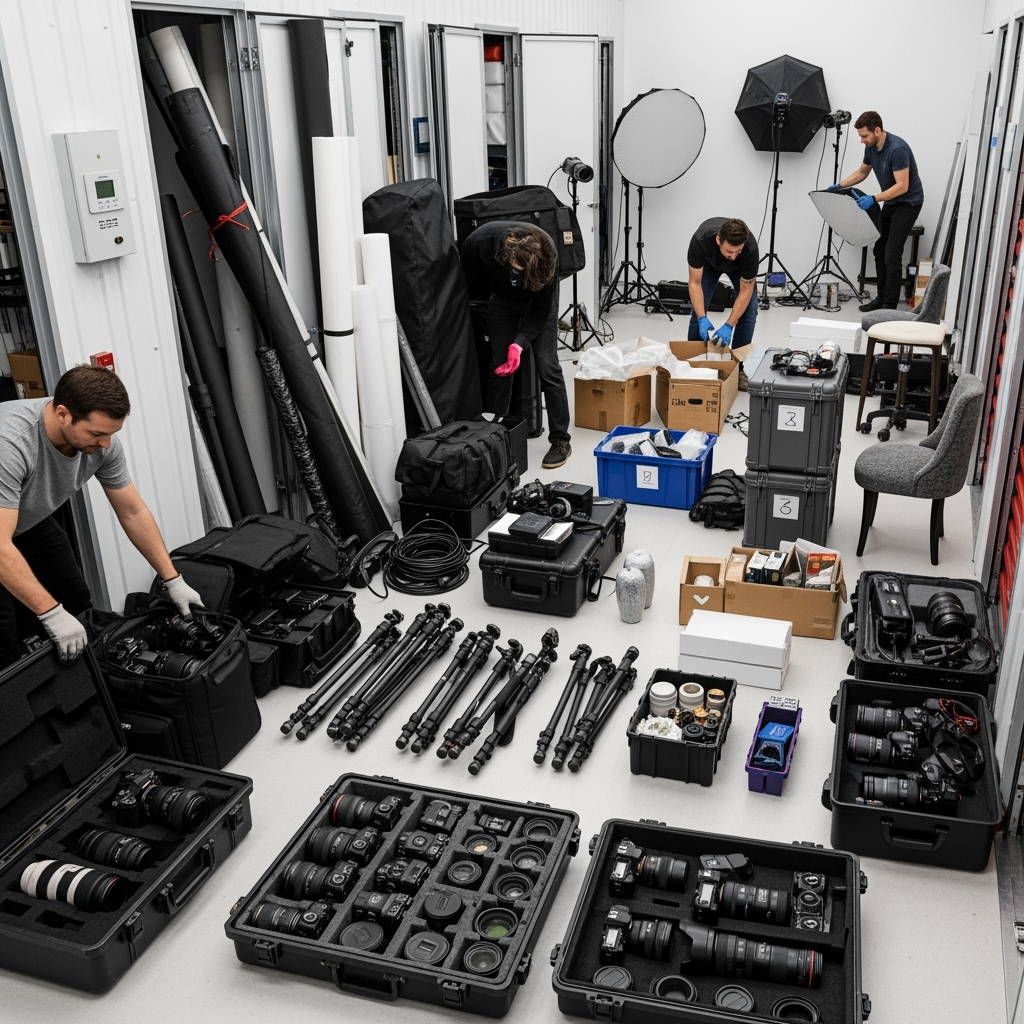
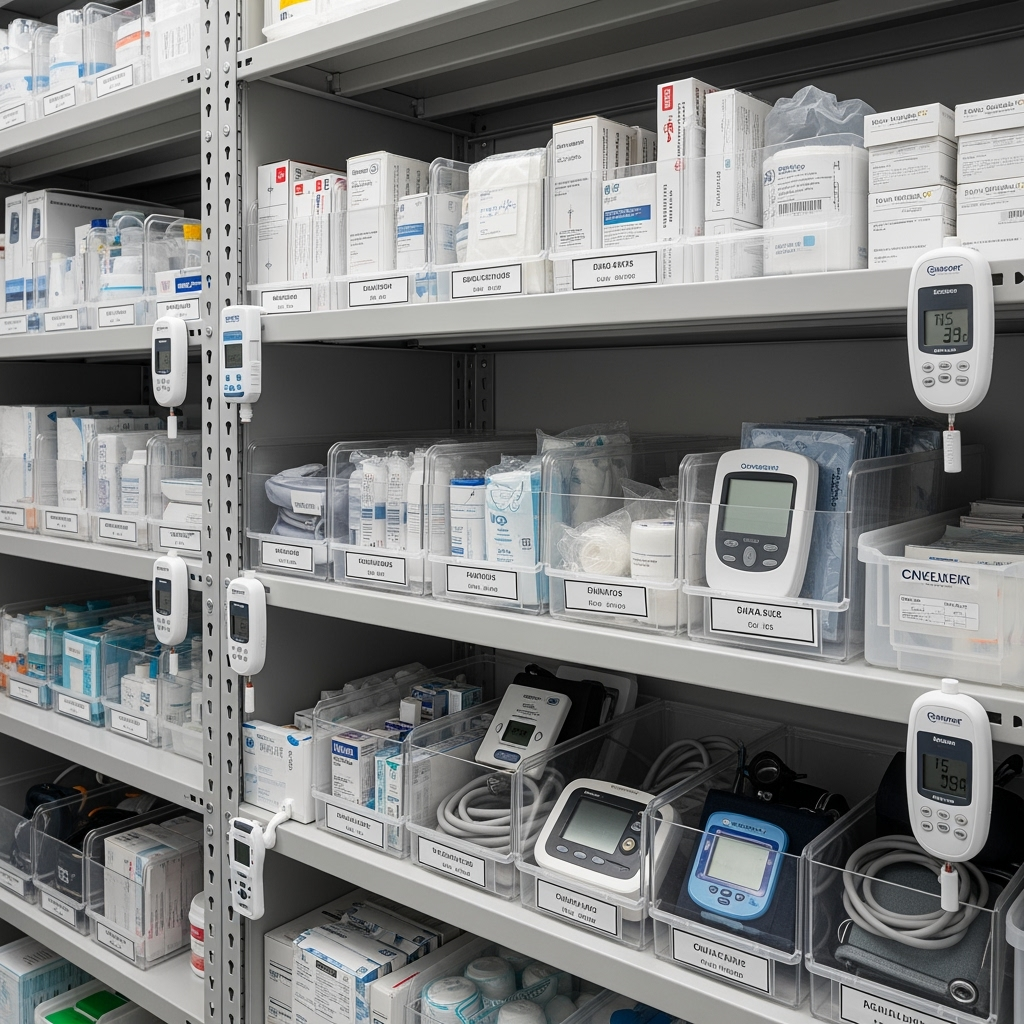
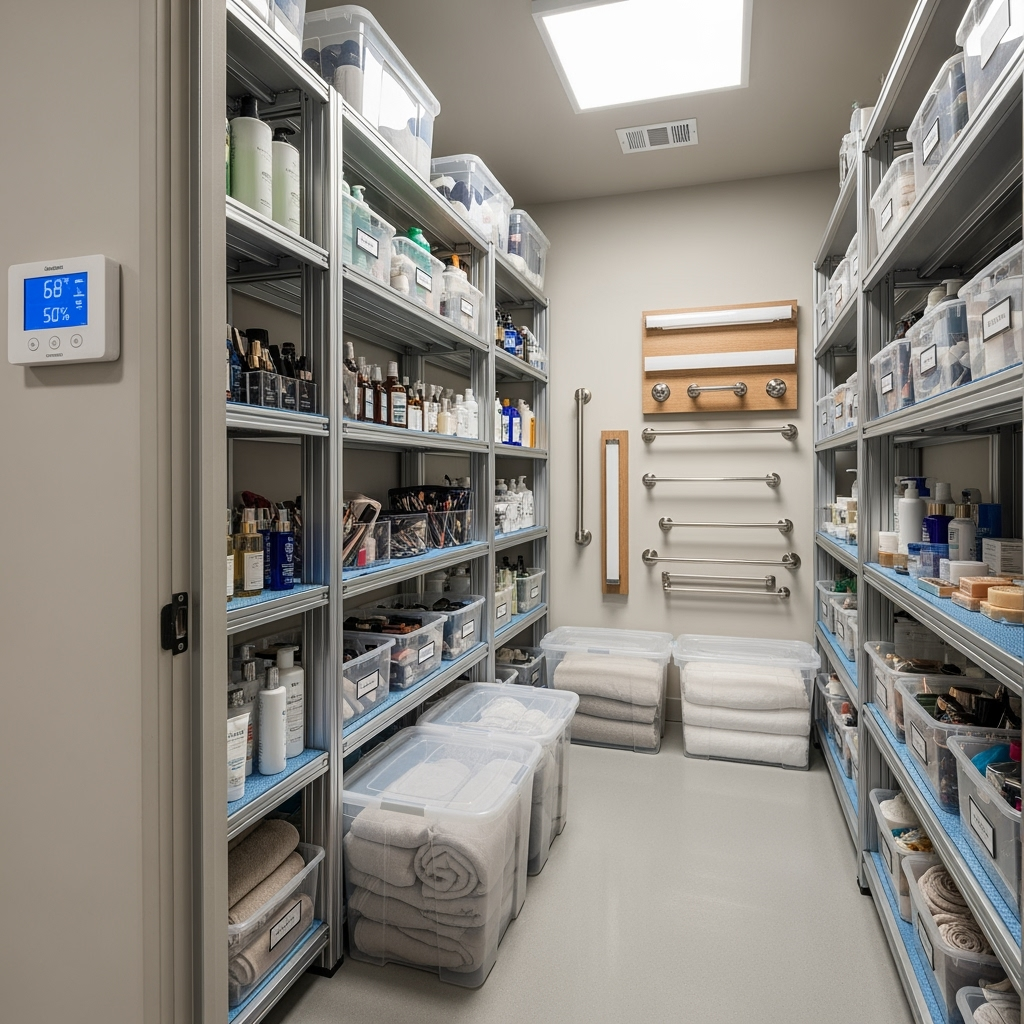
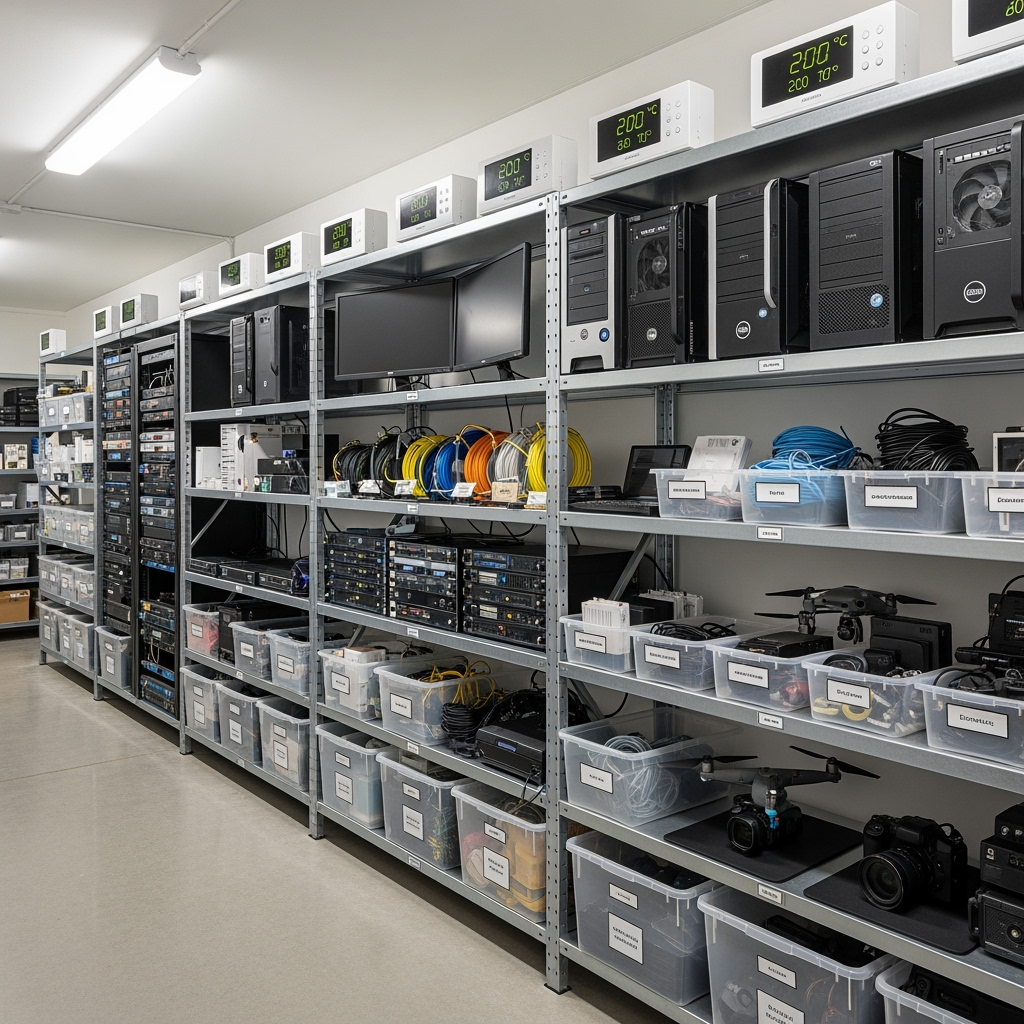
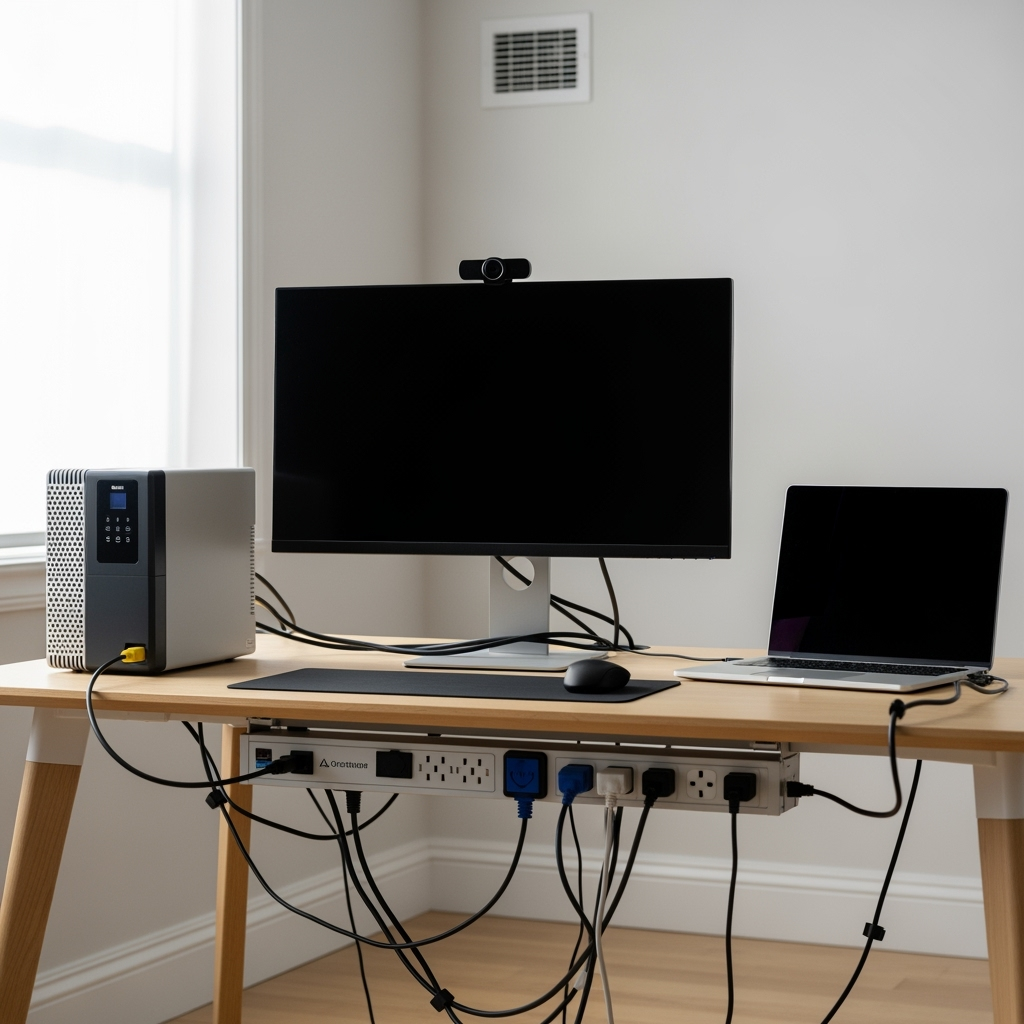
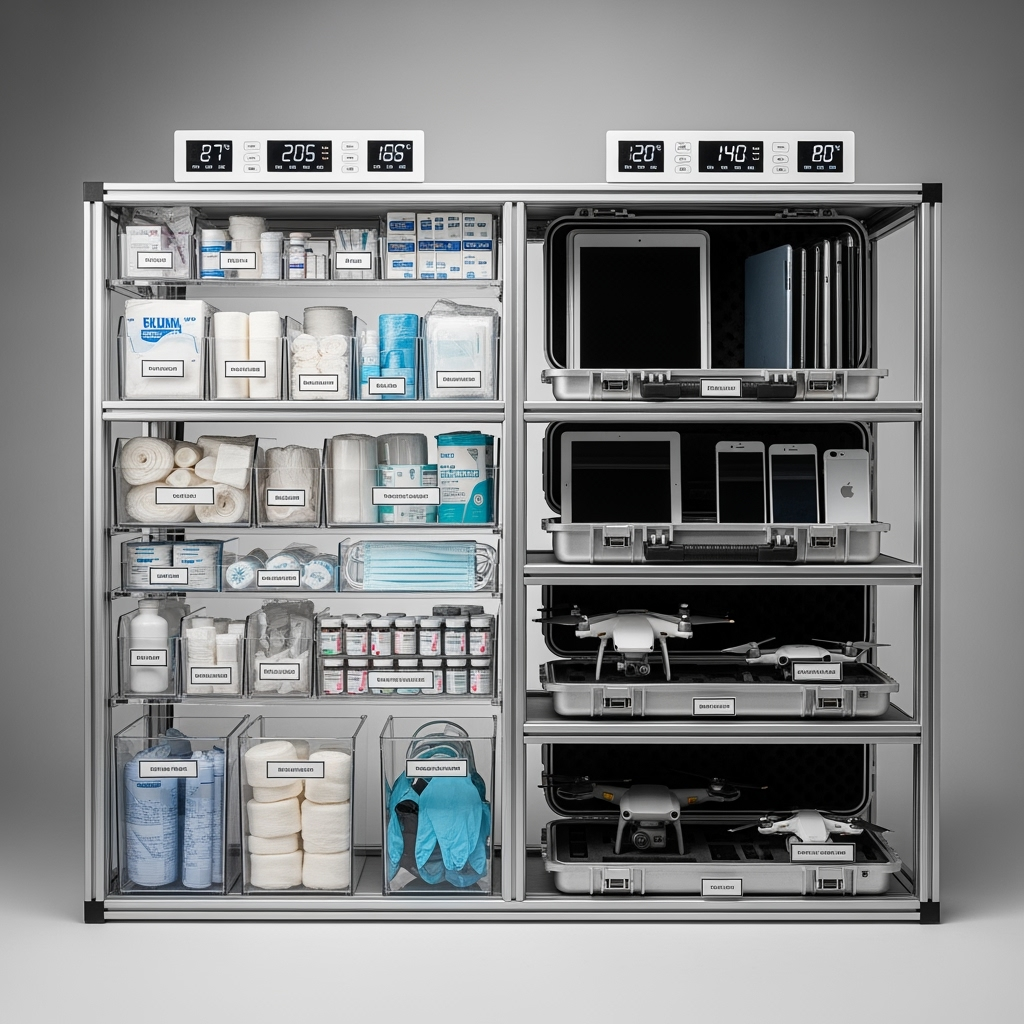
Leave a Reply